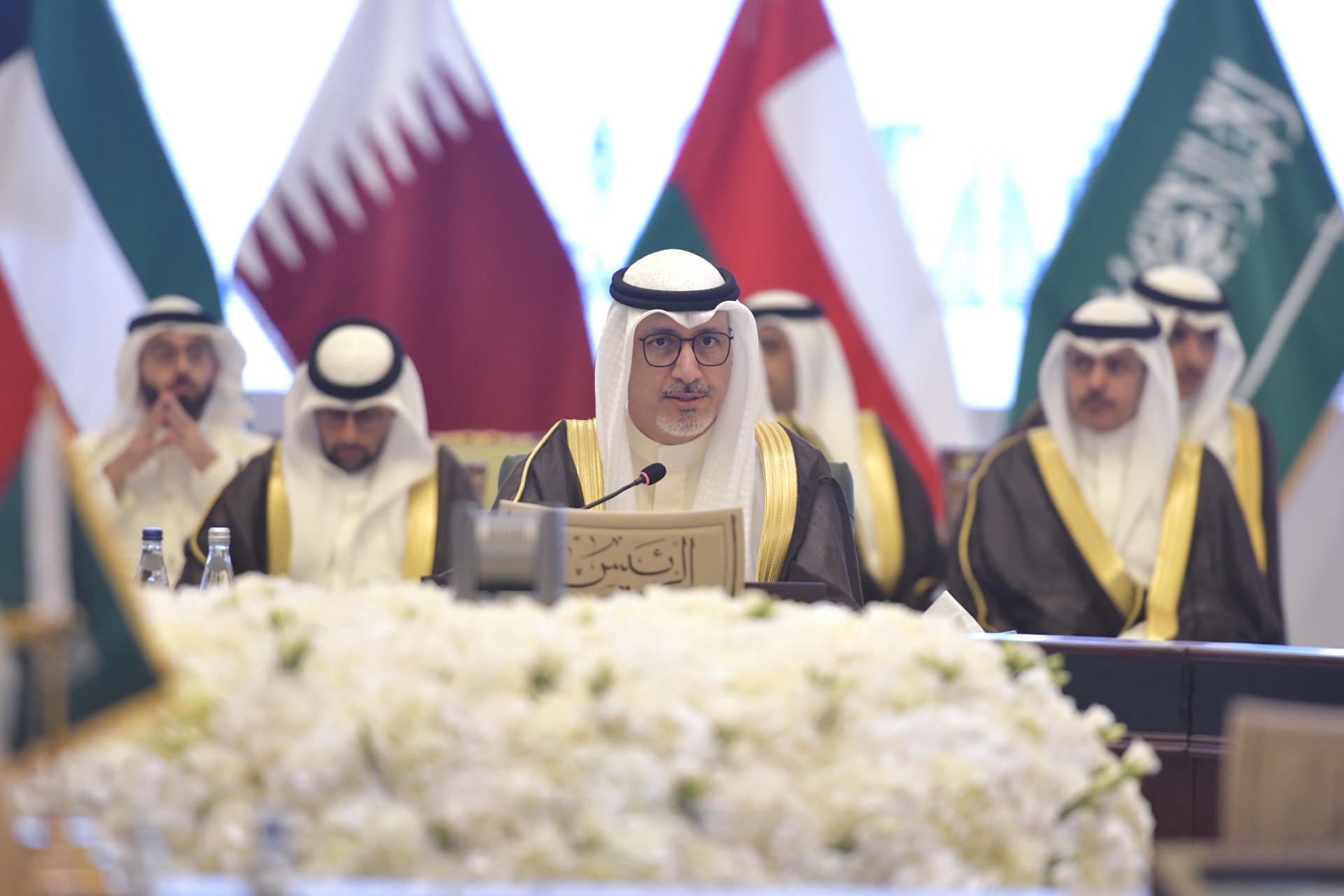LOC15:46
12:46 GMT
 Minister of Commerce and Industry Khalifa Al-Ajeel
Minister of Commerce and Industry Khalifa Al-Ajeel
KUWAIT, Oct 29 (KUNA) -- Minister of Commerce and Industry Khalifa Al-Ajeel affirmed Wednesday that the Gulf economy is witnessing a historic transformation that strengthens its position as one of the world's leading emerging economic centers.
In his opening remarks at the 69th meeting of the GCC Committee for Commercial Cooperation, hosted by Kuwait, Al-Ajeel said the gathering comes as part of a distinguished Gulf journey aimed at deepening economic integration and expanding areas of trade and industrial cooperation in a manner that serves the interests of GCC states and their peoples.
He referred to the speech of His Highness the Amir Sheikh Meshal Al-Ahmad Al-Jaber Al-Sabah during the 45th Gulf Summit, in which His Highness affirmed: "Achieving Gulf economic integration has become an inevitable necessity imposed by global changes and requires the development of cooperation mechanisms to encompass digital economy, artificial intelligence, and entrepreneurship toward a unified, diversified, and sustainable Gulf economy."
Al-Ajeel explained that the Ministry of Commerce draws inspiration from His Highness the Amir's guidance, following a firm approach to Gulf joint action based on the belief that economic unity is the true guarantee for progress and the most effective path toward prosperity, especially amid today's rapidly changing economic and technological landscape.
He noted that recent indicators show that the combined GDP of GCC countries reached about USD 2.3 trillion in 2024, ranking the region ninth globally in terms of economic size and accounting for more than 60 percent of the Arab world's total GDP.
The minister added that the current phase is marked by a shift from a resource-based economy to one driven by knowledge, renewable energy, and advanced services.
"We are witnessing landmark projects such as smart cities and intercontinental economic corridors that make our region a natural hub for trade between Asia, Europe, and Africa," he said, noting that GCC ports handle over 20 percent of global oil and gas trade and 10 percent of global merchandise trade.
Al-Ajeel stressed that "economic integration is no longer merely a strategic option but a developmental necessity to enhance our competitiveness in an increasingly dynamic global economy."
He reaffirmed Kuwait's commitment to supporting all efforts aimed at unifying commercial legislation and procedures among GCC member states and advancing the completion of unified Gulf legal frameworks.
Al-Ajeel added that Kuwait supports both the Unified Competition Law and the mandatory unified legislative framework for e-commerce, as they directly contribute to improving the business environment and ensuring fair opportunities within the GCC common market.
He also underlined the importance of strengthening product and goods control systems to ensure quality and safety, thereby protecting GCC consumers and bolstering the confidence of both citizens and investors in the unified Gulf markets.
The minister praised the active role played by specialized GCC committees, including those for small and medium enterprises, consumer protection, and domestic and foreign trade, for their direct contribution to improving the business environment, supporting Gulf entrepreneurs, and creating new opportunities for growth and innovation.
"We are living through a phase of global economic repositioning," Al-Ajeel stated, "and with it comes a greater responsibility to shape a future Gulf economy that balances openness to the world with the protection of national interests, making the GCC a unified economic model built on integration, competitiveness, sustainability, and innovation."
Al-Ajeel expressed his appreciation to the GCC Secretariat General for its efforts in following up on the implementation of economic resolutions and to all those who contributed to organizing the meeting. (end)
aam.aa